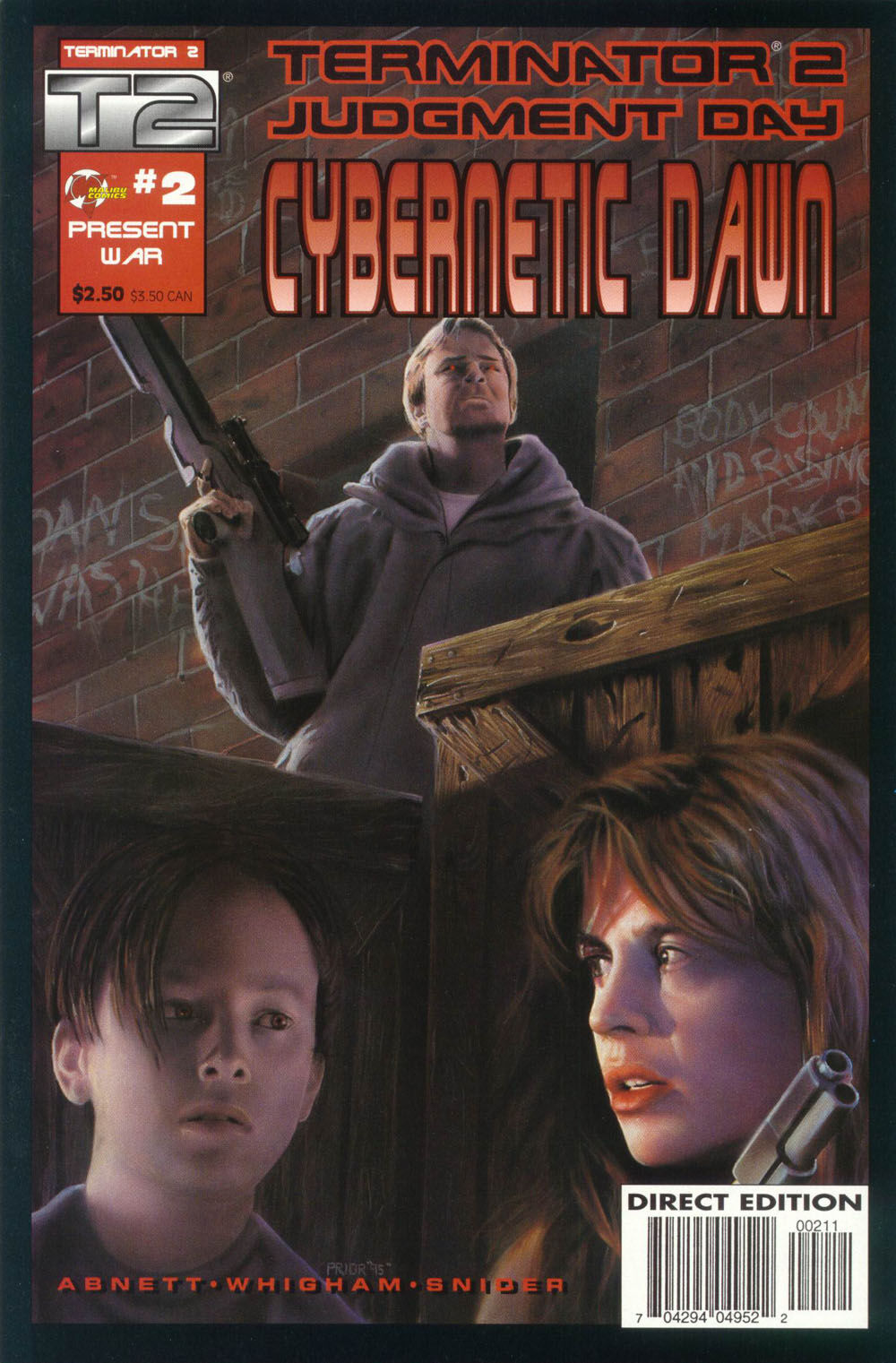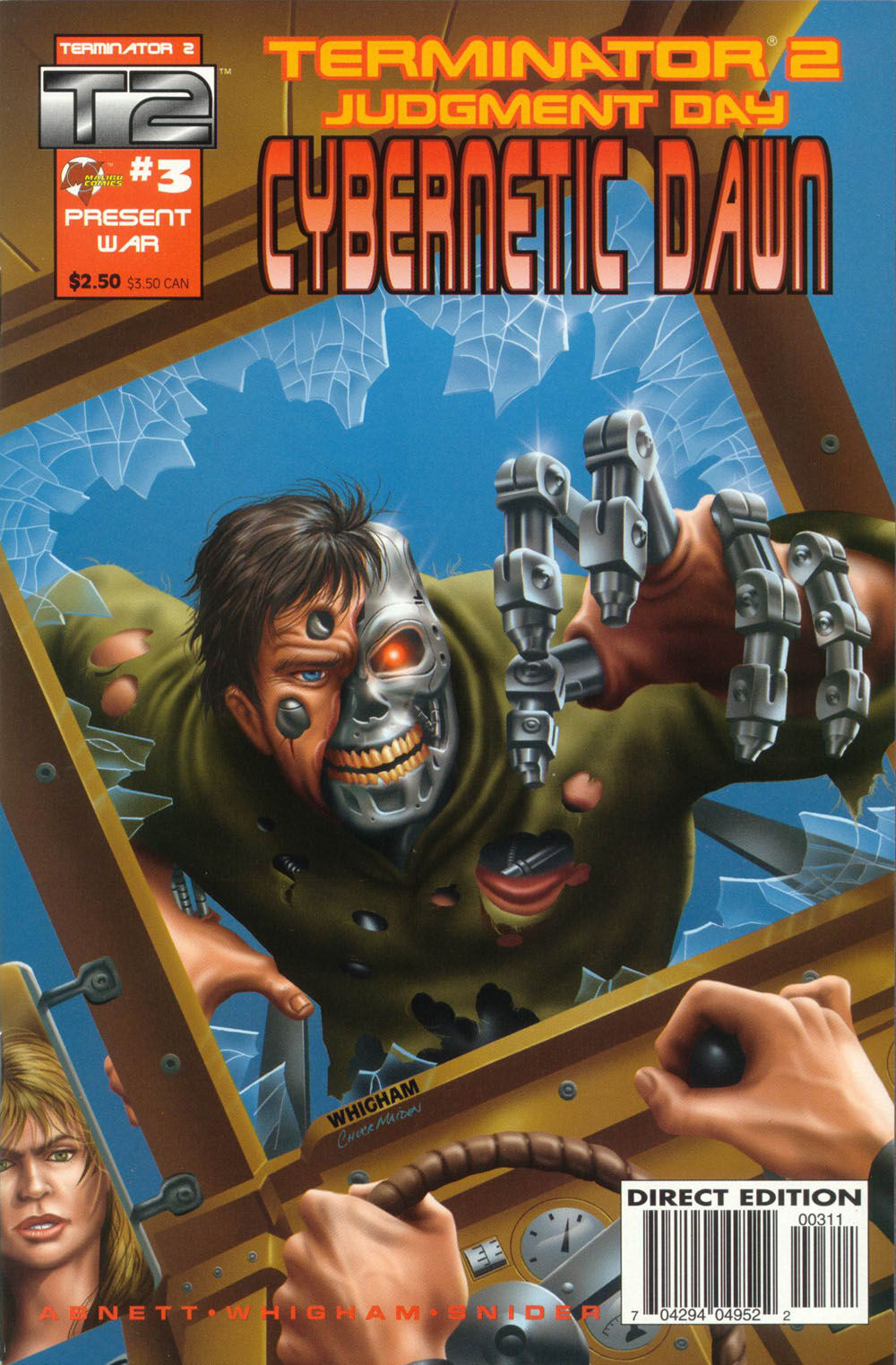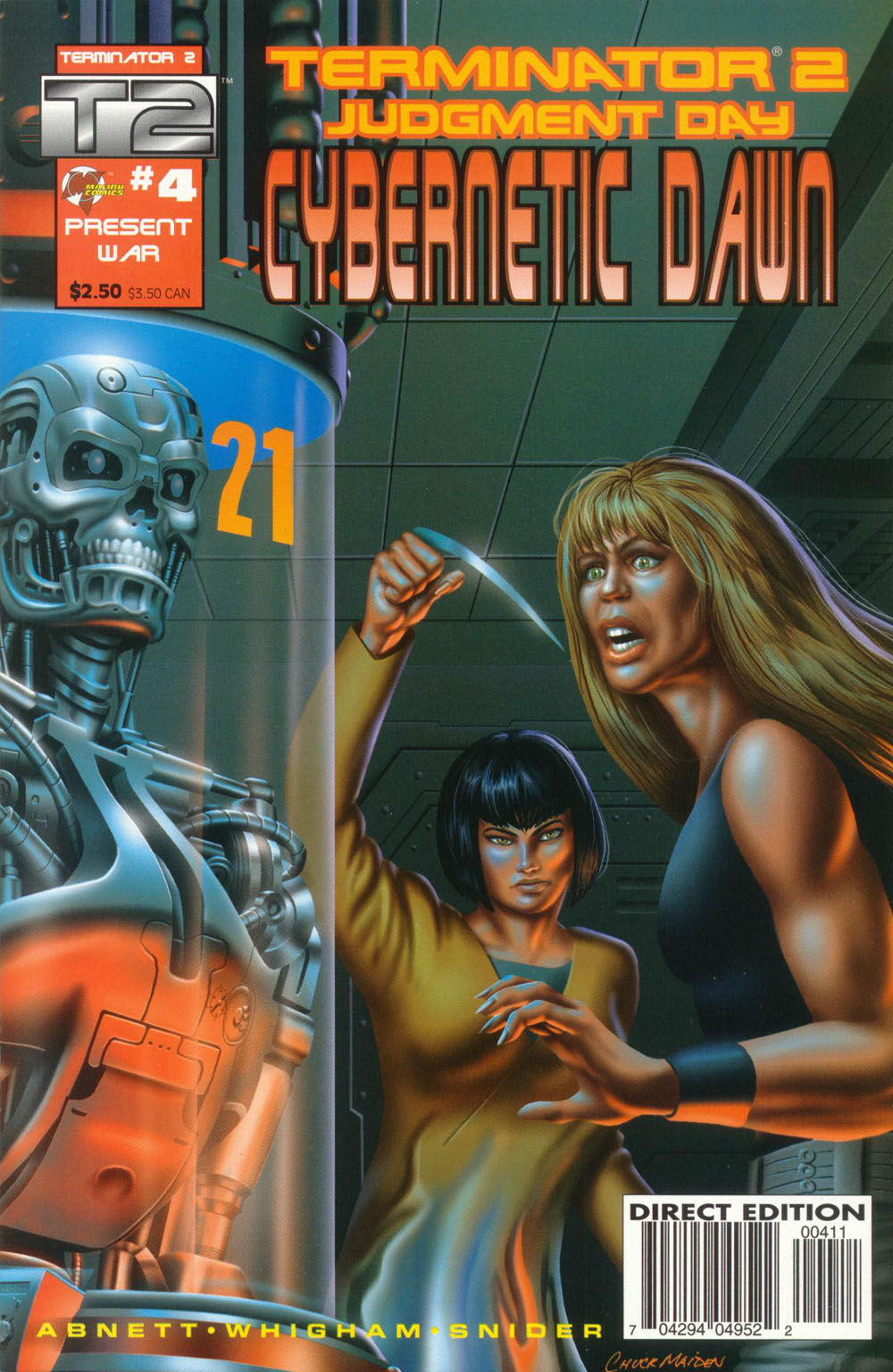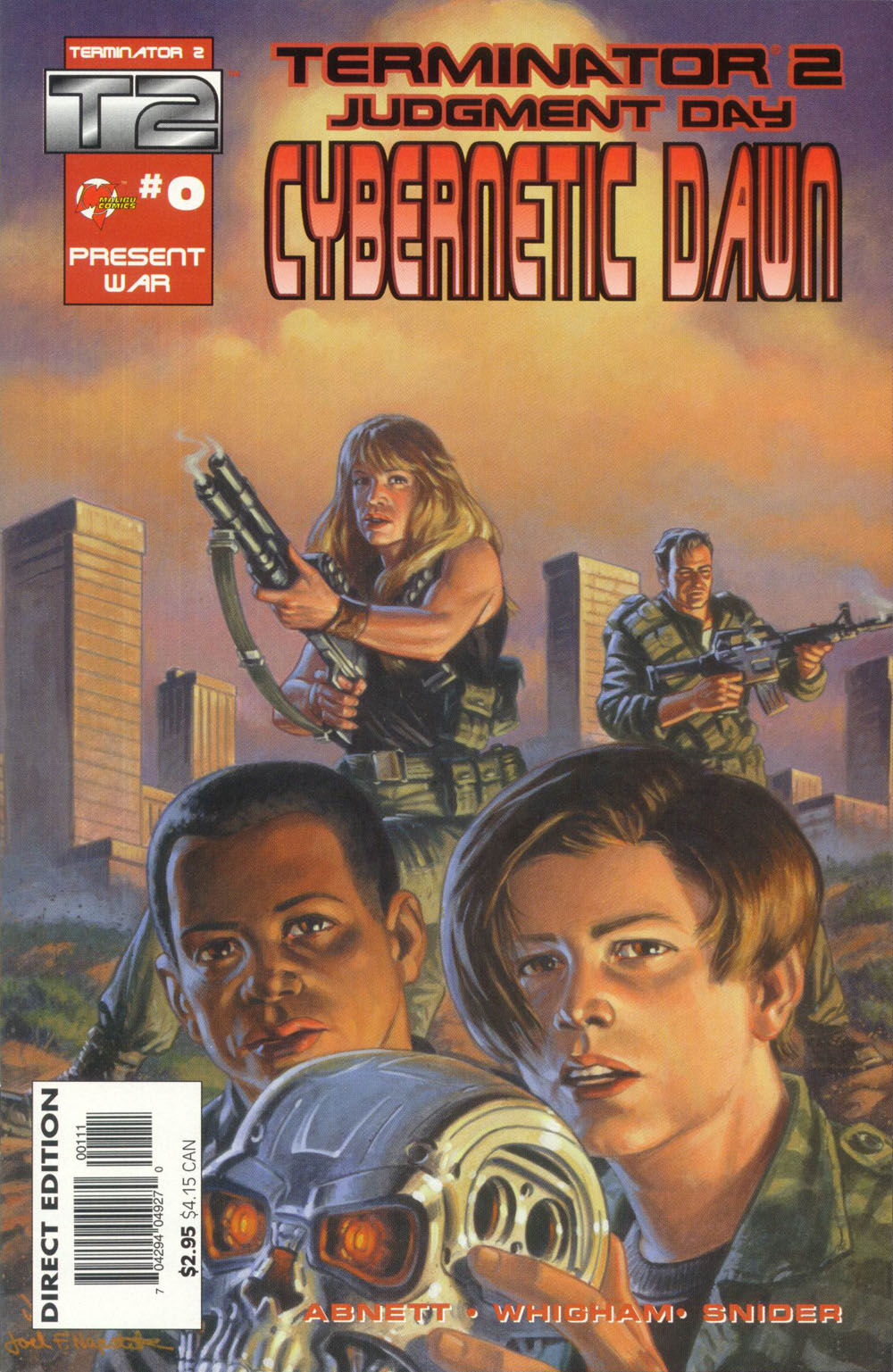It has been said that Skynet used time travel out of desperation when it knew it was about to be defeated - trying to recall where I got this idea from actually - was it in a line of dialogue? Was it in the written on-screen exposition at the start of T1? Or was it something Cameron or Wisher said or wrote as exposition in the screenplays?
When Dr. Silberman asks Kyle why Skynet would use such an elaborate scheme, Kyle responds with this:
"It had no choice. Their defense grid was smashed. We'd won. Taking out Connor then would make no difference. Skynet had to wipe out his entire existence!"
But anyway - should we interpret it as Skynet ended up using time travel for a purpose other than it originally intended when it developed the TDE? If so what was the original intention for it?
I think Skynet would've invented time travel to go into the future, rather than into the past. Going into the past doesn't benefit Skynet in any way, but going into the future would assist them tremendously.
By sending a terminator unit into the future, Skynet could get instantaneous new knowledge. Why instantaneous? Because the TDE would exist in the same exact location in the future. So, a terminator can arrive in the future, download (or otherwise take note of) new tech and info, then use the TDE there to return back to its original time and feed the new data into Skynet (which wouldn't care about the return trip creating a branched timeline).
This method would allow Skynet to develop by leaps and bounds rather than by incremental steps. And going to the future would not create a branched timeline. The future in one timeline is always "re-writable" to those who have not experienced it yet.
Another hypothetical and a question on the theoretical side of time travel - we've said that time travel into the past creates just one parallel branch no matter how many time travellers are sent to no matter how many different points in time. Because this is all that is necessary to avoid paradoxes conflicting with the original timeline. But does literally any kind of time travel into the past create this single parallel branched timeline?
Time travel *to the past* is what creates a branched parallel timeline. So yes, even sending a ferret (or simply just a rock) to the past would create a new timeline from that point forward.
The key in a scenario where multiple trips to the past are made is that the time jump which goes the furthest/earliest into the past can create a branch that the others can then simply merge into. The ferret (or rock) would create a new branch if it's either a.) the "earliest" time jump, or b.) the only time jump. But if other "earlier" jumps have been made, the ferret can slide into the branched timeline already existing.
Supposing Skynet has already performed a test-run of the TDE and sent a ferret back through time. (I was initially going to say a ''rock'' till I remembered it has to be a living thing) What if it sent that ferret to 1950? Would that mean the parallel timeline has already been created and it starts in 1950? This would mean that the T-800 and Kyle Reese merely join a pre-existing alternate timeline created by a ferret


I love this idea because of how hilarious it is, but Skynet would not have tested their TDE by going into the past. Skynet would be sophisticated enough to understand branched timeline principles, and would also have no way of knowing whether or not the ferret (or anyone) arrived safely in the past. But in the future, the same TDE equipment could be used to come back and provide instant (or "quasi-instant") confirmation that it works.
I'd like to revisit a line from this part of your post...
I was initially going to say a ''rock'' till I remembered it has to be a living thing
Here's another potential way that the 3-timeline explanation does a better job (IMO) of answering a "plot hole" from T2. We learn from Reese that
"You go naked. Something about the field generated by a living organism. Nothing dead will go."
And that's true... for *his* version of Skynet's TDE. But Skynet in our Timeline #2 develops differently by being more advanced. So when it sends the T-1000, that liquid metal body wouldn't need a "skin cocoon" (or any other weird explanation). Maybe Timeline #2 Skynet develops TDE that can actually transport metal (or at least liquid metal) through time.
As for why the T-1000 arrives without clothes or weapons, I prefer to handwave that away by saying that the T-1000 came straight off the assembly line and sent in a rushed manner. It's not like Skynet was manufacturing human clothing at their underground facility where the TDE was.

And the T-1000 wouldn't need a weapon anyway. Besides, clothes and weapons from the future would stick out like a sore thumb. It'd be better to just "morph" to blend into how people in 1995 are dressed.
Whadaya think?















